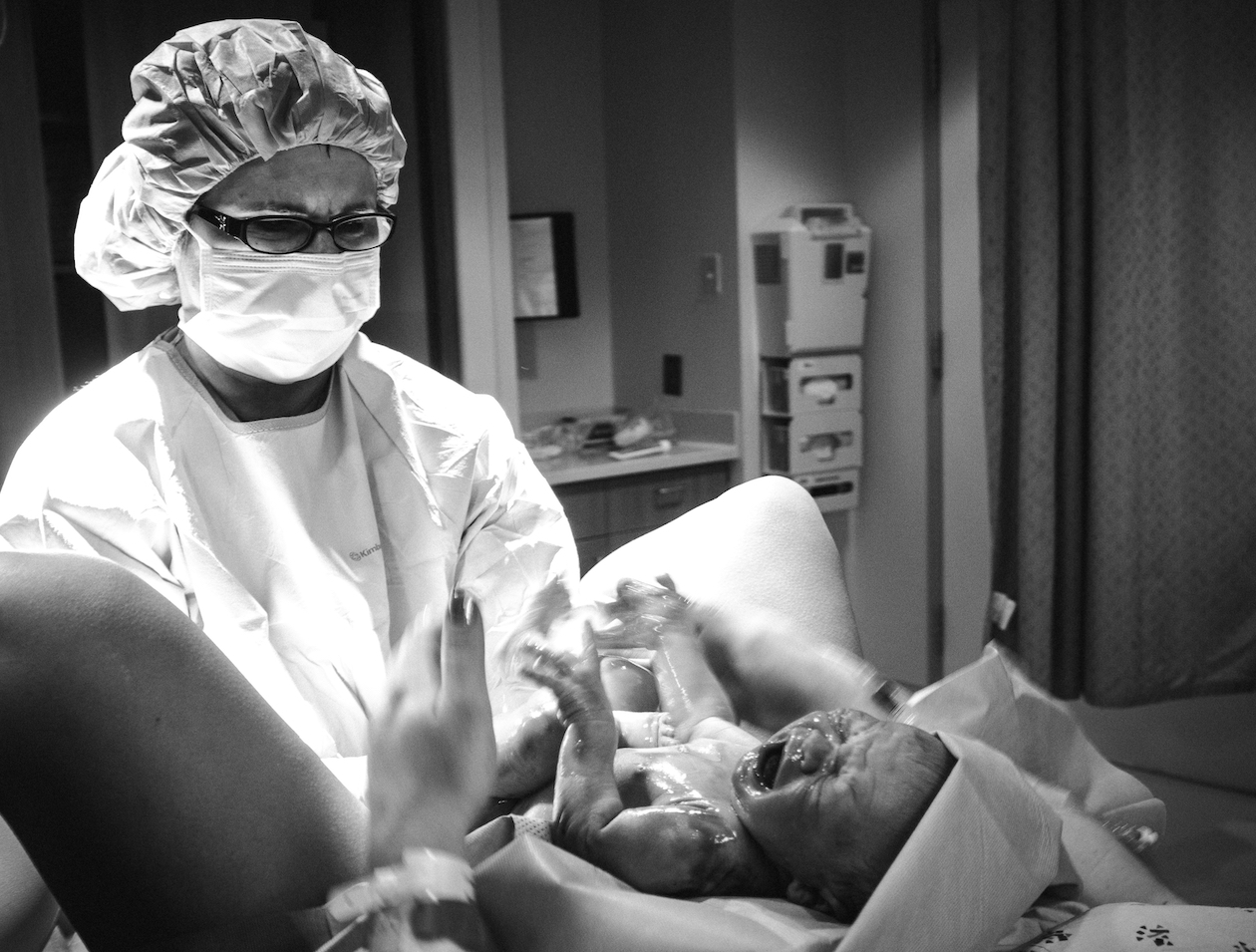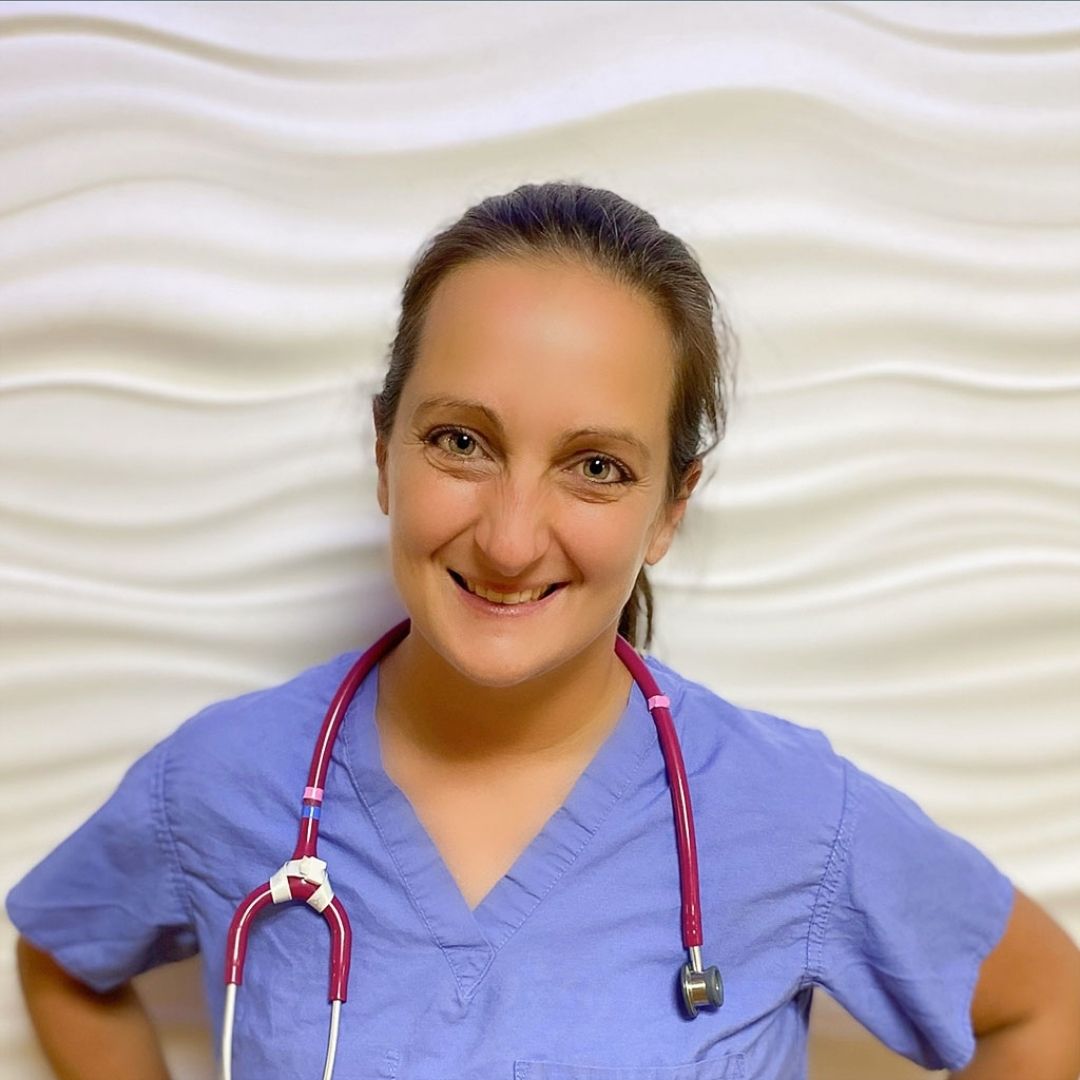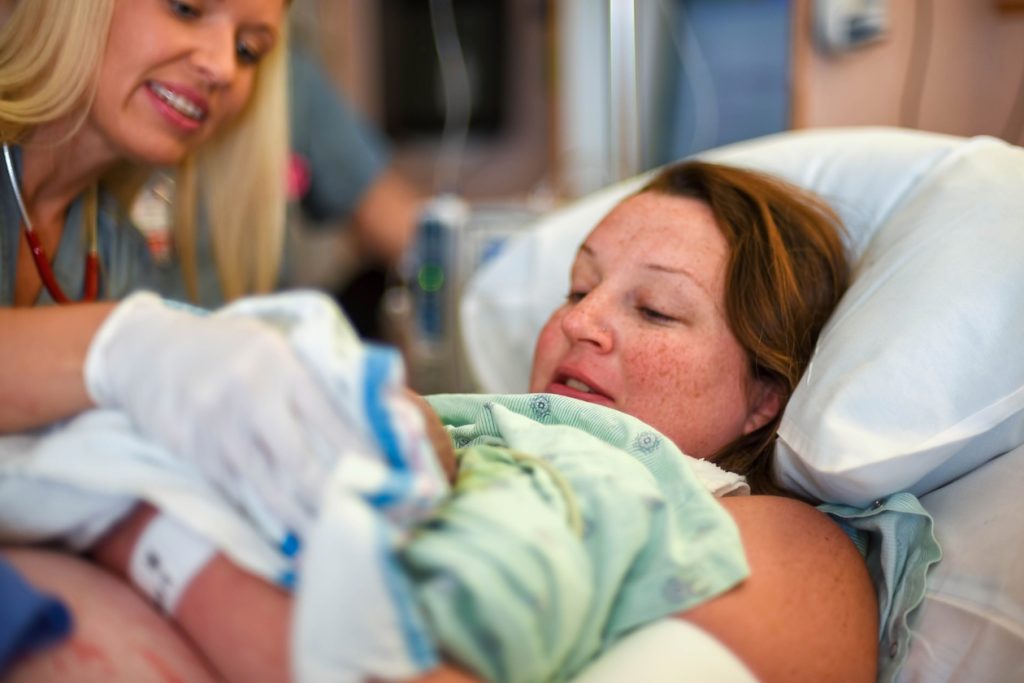Guest post written by Maria Sorrentino-Magnuson, BSN, RN (Labor and Delivery) – Clinical Lead at Wumblekin
There’s a lot to learn during a first pregnancy – and even in the second, third, fourth and so on with the rapid evolution of culture and technology. Here at Wumblekin, we are firm believers in the importance of education, but realize the seemingly endless stream of information (and ~helpful~ tips from everyone you meet) can feel a bit overwhelming. That’s why we recommend building your care team as early on as possible; medical professionals who can give you individualized care and guidance from first trimester through the fourth.
Who all is on/or can be part of a care team? Here’s a mini-breakdown of titles and roles:
OB/GYN Doctor
OB/GYN is a little bit like a square and a rectangle. An OB (obstetrician) is always a GYN (gynecologist), but not all GYNs are OBs. An obstetrician is a physician who specializes in labor, delivery, and postpartum care. A gynecologist is a physician who treats the female reproductive systems including STIs, menstruation, and fertility.
Education/Credentials: Medical school; four years of residency in obstetrics and gynecology; board certification

Family Practice Doctor/Primary Care Physicians
A Family Practice or Primary Care Doctor provides general care for any person at any age – everything from rashes and sore throats to heart conditions – and refer out to specialists when indicated. Some Family Practice Doctors even deliver babies; they attend vaginal deliveries and call in an OB/GYN physician partner if a cesarean is necessary. Some are trained to use forceps or vacuums but many are not. If you’re planning to use a Family Practice Doctor for your delivery, it’s important to ask who they consult with if a labor turns high risk.
Education/Credentials: Medical school; three years residency in general medicine
Maternal-Fetal Medicine Specialist/Perinatologists
These specialists are trained to care for complex medical problems or complications in pregnancy, labor, or birth. If your medical history puts you in the realm of high-risk, this is the doctor you’ll want to have on hand.
Education/Credentials: Medical school; four years of OB/GYN residency; three years of a MFM fellowship
Anesthesiologist
Most of us are fairly familiar with anesthesiologists – they’re the doctors who put you to sleep when you got your wisdom teeth out and made sure you didn’t feel a thing when it came time to part ways with your tonsils. In textbook terms, anesthetics are medications that block sensation (pain) or awareness. During labor & delivery, anesthesiologists provide epidural pain relief and help ensure the safety of mom and baby during cesareans or other surgeries.
Education/Credentials: Medical school; four years of residency; board certification
Certified Registered Nurse Anesthetist/CRNA
Instead of an anesthesiologist, you may have a nurse anesthetist to subdue any pain sensations. CRNAs are advanced practice RNs who are licensed to administer anesthesia. They can also treat and monitor surgical patients.
Education/Credentials: Minimum of a Master’s degree; extensive clinical training; board certification
Resident Doctor
If you are delivering at a teaching hospital you might find yourself in the care of Resident Doctors. These are doctors in the midst of their required years of – you guessed it – residency. First year residents are often called interns (see: Grey’s Anatomy). They diagnose and treat patients under the supervision of an attending physician and their level of independence and responsibility increases with time.
Education/Credentials: Medical school; in progress, residency
Medical Students
Medical Students are still completing their medical school requirements. They’re often in a more observational role. Typically, they use this time to practice interview and patient assessment skills.
Education/Credentials: In progress, medical school
Certified Nurse Midwife (CNM)
Not all midwives carry the same title – it varies based on education and credentials. Nurse Midwives have the most rigorous requirements (see below.) They primarily train and practice in hospital settings and partner with OB/GYNs for high-risk or C-section pregnancies. As specialized nurse practitioners, CNMs not only care for women during labor & delivery, they often see and treat patients from puberty through menopause.
Education/Credentials: Master’s degree; board certification
Certified Professional Midwife (CPM)
Sometimes referred to as “direct-entry midwives”, Professional Midwives are only trained in out-of-hospital births. No college degree is required, but they must complete an apprenticeship to gain their credentials through the North American Registry of Midwives (NARM). CPMs are not legally recognized in all 50 states, so be sure to check your local legislation before finalizing your decision.
Education/Credentials: Apprenticeship (usually two years); NARM certification

Registered Nurse/RN
Your nurse is likely to be the one you write about in your child’s baby book. The most hands-on part of the labor team, they are right by your side the whole time assessing and caring for both mom and baby, reporting any abnormal findings to the midwife or doctor – and occasionally performing the delivery if the doctor doesn’t make it on time. (Nurses are rock stars.)
Education/Credentials: Two or four-year undergraduate degree; state license
Labor Doula/Birth Coach
Derived from Ancient Greek, Doula translates as “someone who serves”. There to provide emotional and physical support and mitigate non-medical pain, Doula’s services range widely from one individual to the next, but include everything from warm baths, massage, and words of encouragement to placenta encapsulation, lactation support, and even birth photography – though their role stops short of clinical care.
Education/Credentials: No legal training requirement, most complete certification programs
Lactation Counselor and Lactation Consultants (IBCLC)
Breastfeeding is hard – if you’ve heard it once, you’ve heard it a million times (and you’ll probably find yourself saying it a million times more.) Lactation Counselors and Consultants can make it a whole lot easier providing support in the areas of latch, pumping, and supply. A Lactation Counselor, the highest breastfeeding credential, can also assist in more complicated challenges like NICU admission, oral/motor dysfunction, breast abscess, mastitis, and more.
Education/Credentials – Consultants: 45-hour training course/certification
Education/Credentials – Counselors: Bachelor’s degree; 1000 field hours; 90 lactation-specific continuing education hours; board certification
An attentive care team personalized to your unique needs and wants makes a world of difference for both you and your baby. If you’re looking for guidance in establishing your own, follow us on Instagram @wumblekin and submit your questions to our weekly “Ask An L&D Nurse Anything” hosted by our team of Wumblekin Experts.

ABOUT WUMBLEKIN
Wumblekin is a curated pregnancy, birth and postpartum box company that demystifies pregnancy with evidence-based education and expert-curated products for mom and baby. Pregnant women are busy and there’s lots of noise out there. We want to help women who feel overwhelmed with pregnancy, labor and birth go from panicked to prepared. Learn more at Wumblekin.com.

No Comments yet!